RAF Typhoon fighter jets and a Voyager tanker recently teamed up with formidable B-52 bombers over the Arabian Peninsula as part of a Bomber Task Force mission, underscoring the ongoing collaboration between UK and US forces in the region.
Images shared by Defence Operations and the US Air Forces Central Command on social media highlighted the formation in action. Defence Operations posted the following.
“This #PhoonFriday we’re soaring with our @usairforce cousins in the Middle East. RAF Typhoons conducted escort duties of mighty B-52s during a Bomber Task Force sortie, demonstrating & strengthening our commitment to global security & stability.”
This #PhoonFriday we’re soaring with our @usairforce cousins in the Middle East.✈️@RoyalAirForce Typhoons conducted escort duties of mighty B-52’s during a Bomber Task Force sortie, demonstrating & strengthening our commitment to global security & stability. @DefenceHQ 💪 pic.twitter.com/rCQZp4yVnL
— Defence Operations 🇬🇧 (@DefenceOps) November 22, 2024
Similarly, US Air Forces Central Command remarked: “U.S. B-52 Stratofortress bombers from Minot Air Force Base integrated with RAF and regional partners over the Arabian Peninsula during a bomber task force mission on Nov 18th. These missions demonstrate our commitment to regional security and deterrence alongside our allies.”
U.S. B-52 Stratofortress bombers from Minot Air Force Base integrated with RAF and regional partners over the Arabian Peninsula during a bomber task force mission on Nov 18th. These missions demonstrate our commitment to regional security and deterrence alongside our allies.🌍✈️ pic.twitter.com/kZaWY7sH3n
— US AFCENT (@USAFCENT) November 22, 2024
The collaboration forms part of broader efforts to bolster security across the region, with the bomber task force highlighting the strategic presence of allied air power. The mission also reinforces the long-standing partnership between the Royal Air Force and the United States Air Force.
The B-52
According to the U.S. Air Force, the B-52H Stratofortress is a long-range, heavy bomber that can perform a variety of missions. The bomber is capable of flying at high subsonic speeds at altitudes of up to 50,000 feet (15,166.6 meters). It can carry nuclear or precision-guided conventional ordnance with worldwide precision navigation capability. In a conventional conflict, the B-52 can perform strategic attack, close-air support, air interdiction, offensive counter-air and maritime operations.
During Desert Storm, B-52s delivered 40 percent of all the weapons dropped by coalition forces. It is highly effective when used for ocean surveillance and can assist the U.S. Navy in anti-ship and mine-laying operations. In two hours, two B-52s can monitor 140,000 square miles (364,000 square kilometres) of ocean surface.
All B-52s can be equipped with two electro-optical viewing sensors, a forward-looking infrared and advanced targeting pods to augment targeting, battle assessment and flight safety, further improving its combat ability. Pilots wear night vision goggles, or NVGs, to enhance their vision during night operations. Night vision goggles provide greater safety during night operations by increasing the pilot’s ability to visually clear terrain, increasing the peacetime and combat situational awareness of the aircrew and improving their ability to visually acquire other aircraft.
At the UK Defence Journal, we aim to deliver accurate and timely news on defence matters. We rely on the support of readers like you to maintain our independence and high-quality journalism. Please consider making a one-off donation to help us continue our work. Click here to donate. Thank you for your support!


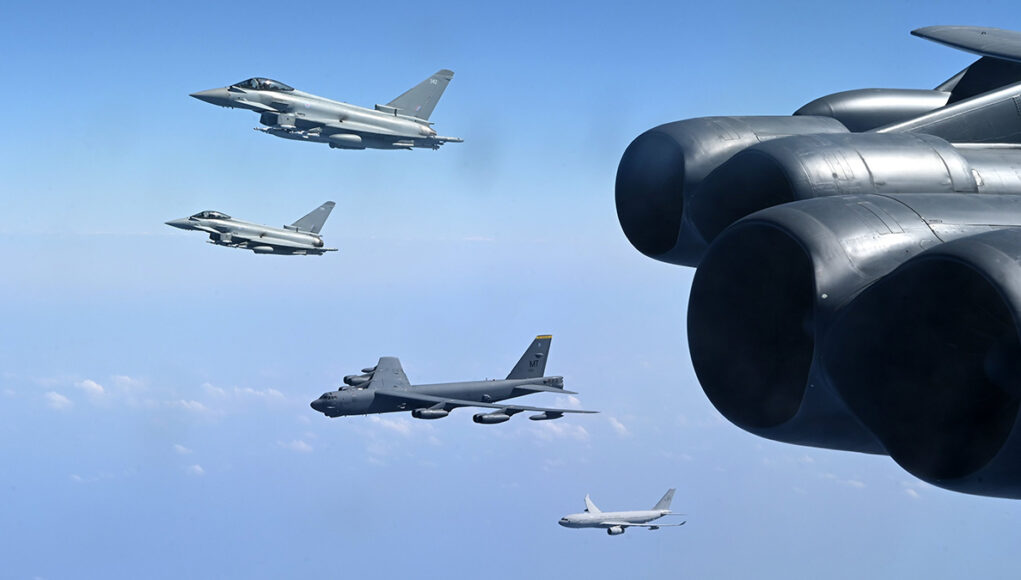
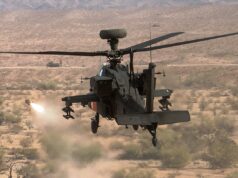
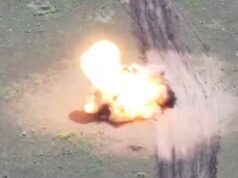
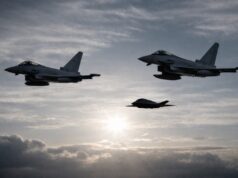
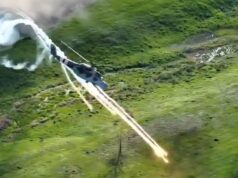
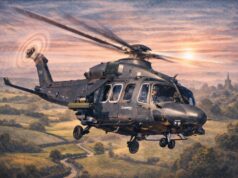
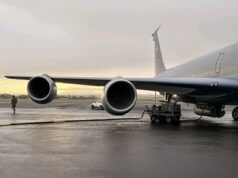
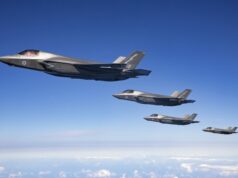
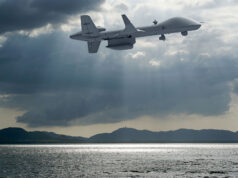
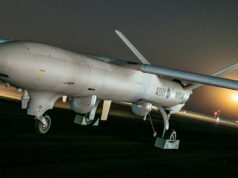
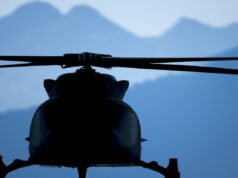

The RAF is going to need a new batch of typhoon as a bridge to Tempest. There is no getting away without that eventuality. The airframes are being flown hard and clocking up lots of air hours.
Without a new batch the Typhoon fleet will end up just like the type 23 frigates. Overused, worn out with ever decreasing availability and platforms having to be scrapped before replacement is ready. By the 2030s I can see the typhoon fleet being <50 available airframes.
Plus the skill set needs to be kept current at BAE before Tempist comes into production
They are designed to be worked hard. The beauty of fly by wire and carefree handling means the airframe is never over stressed. They have plenty of life in them.